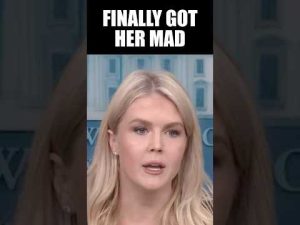In the world of sports, when it comes to making money, the bottom line is simple: success is measured in profits, not good intentions. The WNBA has faced financial challenges, including a $40 million loss in 2024, but there are forecasts of improvement. Despite the continuous support from the NBA, it has yet to consistently turn a profit, raising serious questions about its viability in the sports landscape.
Recent discussions among players indicate that they are advocating for higher salaries based on the success of endorsement deals, often reaching into the millions. However, this stance presents a contradiction. If an athlete is earning significant income from endorsements with companies like Nike and Gatorade, why is there so much emphasis on demanding higher salaries from a league that has historically struggled financially? While it is understandable that players wish for fair compensation, one has to question the logic behind expecting a financially struggling league to pay out salaries that are simply not sustainable.
In any business, profitability is crucial. If a league has faced consistent financial losses, it begs the question: why continue down the same path? The expectation that the WNBA should operate like a lucrative business, while failing to produce a positive return on investment, can seem unrealistic. Instead of looking to higher salaries as a solution, players and advocates should consider what they can do to make the league more appealing to a broader audience.
The reality is that the NBA’s business model, which boasts massive revenues, has not translated well to the WNBA. Players must ask themselves why they continue to push for support from an organization that has previously struggled financially. However, with the upcoming 2026 TV deal that increases from $45 million to $200 million annually leading to a potential net gain of $115 million, there is an opportunity for financial turnaround.
Perhaps it is time to rethink the very structure of professional women’s basketball. The idea that women should play in the WNBA when they could earn the same salary playing in the NBA doesn’t just make practical sense; it aligns with basic principles of market dynamics. If players truly want to enhance their financial situations, they should focus on the routes that provide tangible returns. In the end, personal responsibility and a firm grasp of economic realities might just be the best paths forward.







